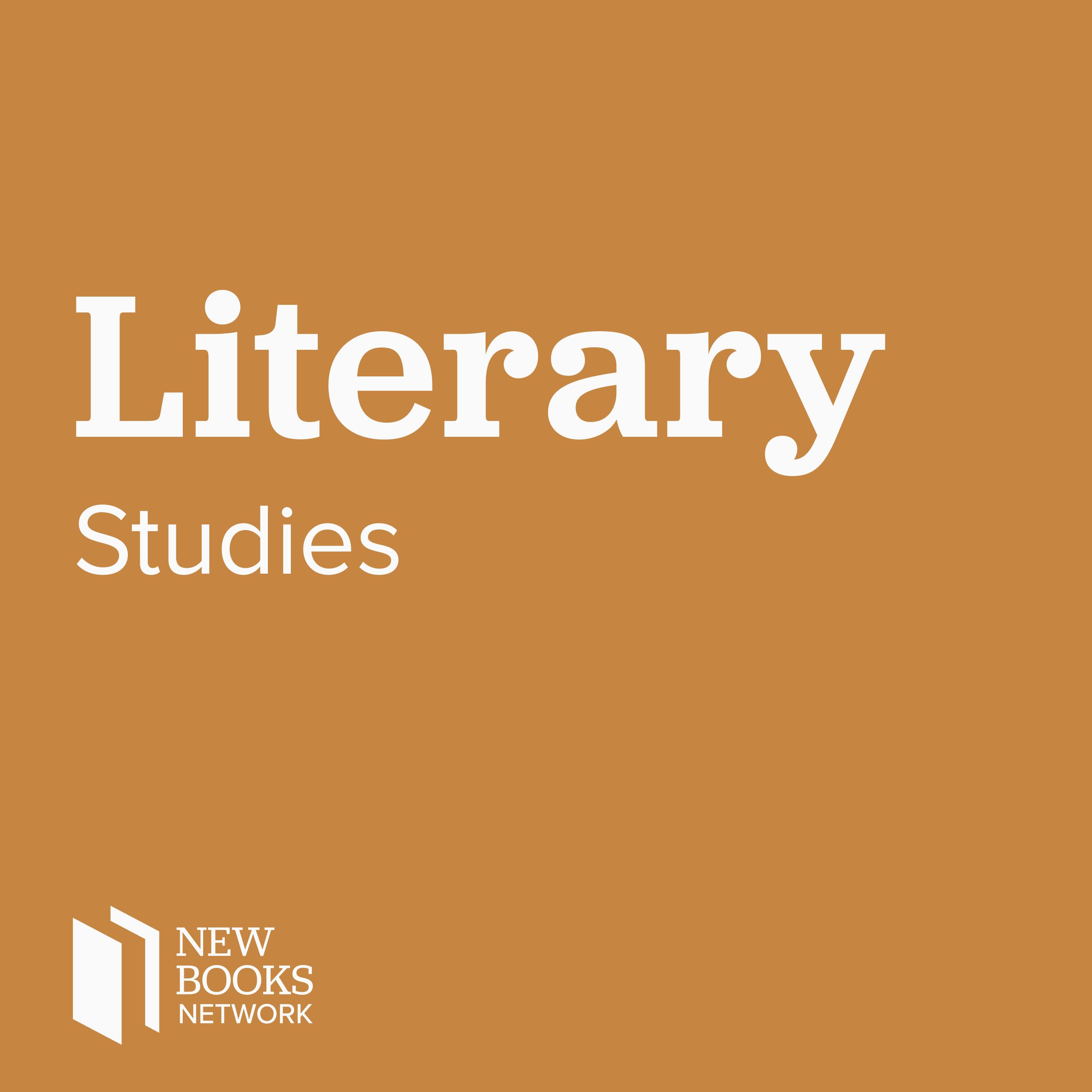
Eileen M. Hunt, "The First Last Man: Mary Shelley and the Postapocalyptic Imagination" (U Pennsylvania Press, 2024)

New Books in Literary Studies
Shownotes Transcript
The First Last Man: Mary Shelley and the Postapocalyptic Imagination) (U Pennsylvania Press, 2024) is the concluding text in political theorist Eileen M. Hunt’s trilogy of books focusing on the work of Mary Shelley. All three books have been published by the University of Pennsylvania Press, and they weave together Shelley’s novels (Frankenstein, The Last Man) and her short stories, as well as her journals and other writings. Hunt is currently continuing her work on Shelley by annotating Shelley’s The Last Man and her Journal of Sorrow, both of which were written side by side in the mid-1820s. Hunt’s writing of The First Last Man reflects Shelley’s own approach to writing, which integrates her own experiences into her imagined universes to explore humanity and our thinking. Thus, The First Last Man is a pivotal analysis of Shelley’s iconic work of plague fiction or pandemic novels and Hunt researched and wrote the book during our contemporary experience with the COVID-19 pandemic. While Shelley’s Frankenstein may loom large in the background of The Last Man, the focus of the novel is on the legacy of disease, of mass death, of war and conflict, and how to move forward in a destroyed world. Hunt’s thesis about postapocalyptic literature, especially Shelley’s work in this regard, is that the thread of hope that comes through all of this death and destruction is what sustains us as humans. And this is also what sustained Shelley in the face of her own tragedies, which included the loss of a number of her own children, the tragic drowning death of her beloved husband, and the loss of other family members. For Shelley, plague was a metaphor for her, both literally and figuratively having to contend with all of these experiences that were outside of her control.
Hunt explains that Shelley’s pandemic novel is well positioned within the extended literature that focuses on plagues and pandemics. Shelley is deeply read—in literature, political theory, the Bible, classical work, and the like—and her work reflects these various genres and the ways in which they wrestle with the ideas of apocalypses and what happens after such destructive events. But Shelley’s work is not just situated among these writings on plagues; she actually creates a new form of this kind of work that brings in love and hope while opening up new vistas and beginnings, compelling people to think about what happens in the aftermath of plagues or pandemics. This leads us to post-apocalyptic thinking, compelling the focus on what happens next. Hunt suggests that Mary Shelley is a kind of modern-day Sophocles, a great tragic thinker who helps guide our wrestling with these more eternal questions and does so through fictional prose creations. Such creations push on our imaginations and compel us to think about worlds that may be different than our own, but certainly reflects back our very existences.
The First Last Man is a beautiful book, weaving together Mary Shelley’s work, her journals and personal experiences, and commentary on her work at the time of the publications. Into this, Hunt brings some of her own journal entries from her research excursions during the Covid pandemic, and her own experiences with tragedy in her own life, honoring Shelley’s many skills as a writer in so many different genres and capacities.
Lilly J. Goren)* is a professor of political science at Carroll University in Waukesha, WI. She is co-host of the New Books in Political Science) channel at the New Books Network. She is co-editor of The Politics of the Marvel Cinematic Universe) (University Press of Kansas, 2022), as well as co-editor of the award winning book, Women and the White House: Gender, Popular Culture, and Presidential Politics) (University Press of Kentucky, 2012). She can be reached *@gorenlj.bsky.social)
Learn more about your ad choices. Visit megaphone.fm/adchoices)
Support our show by becoming a premium member! https://newbooksnetwork.supportingcast.fm/literary-studies)